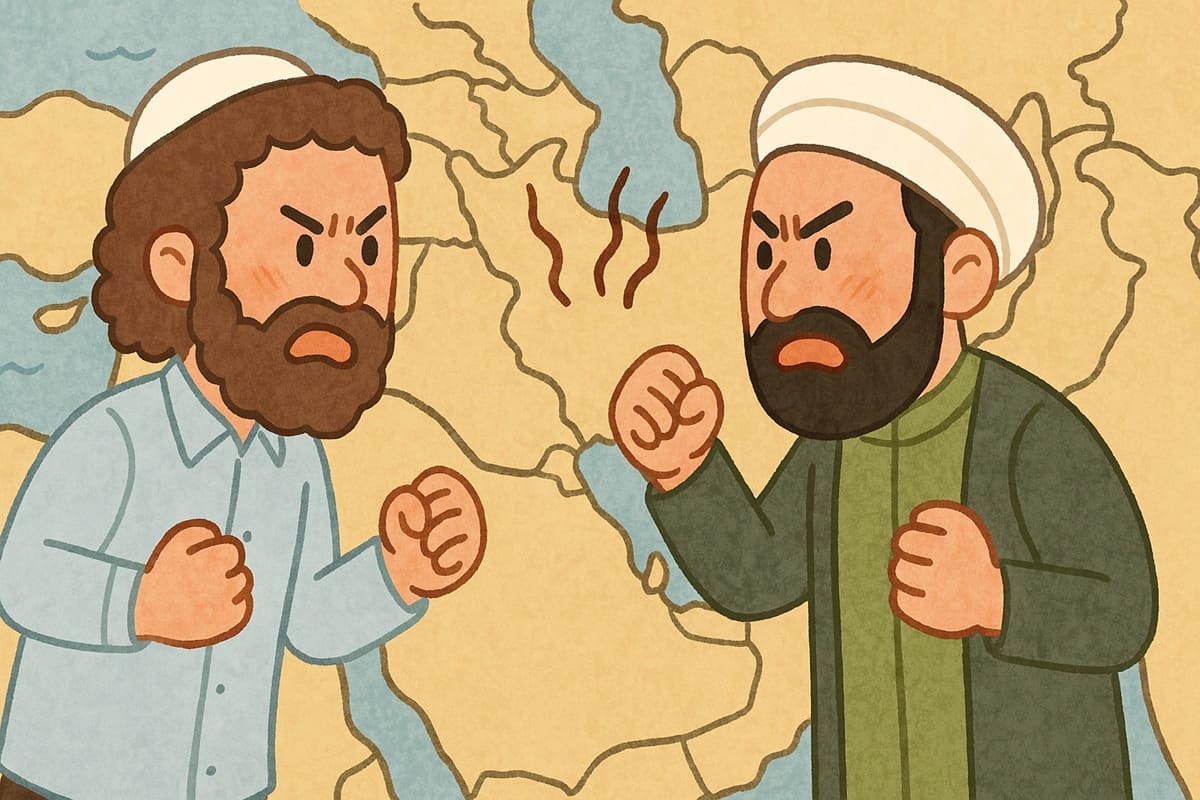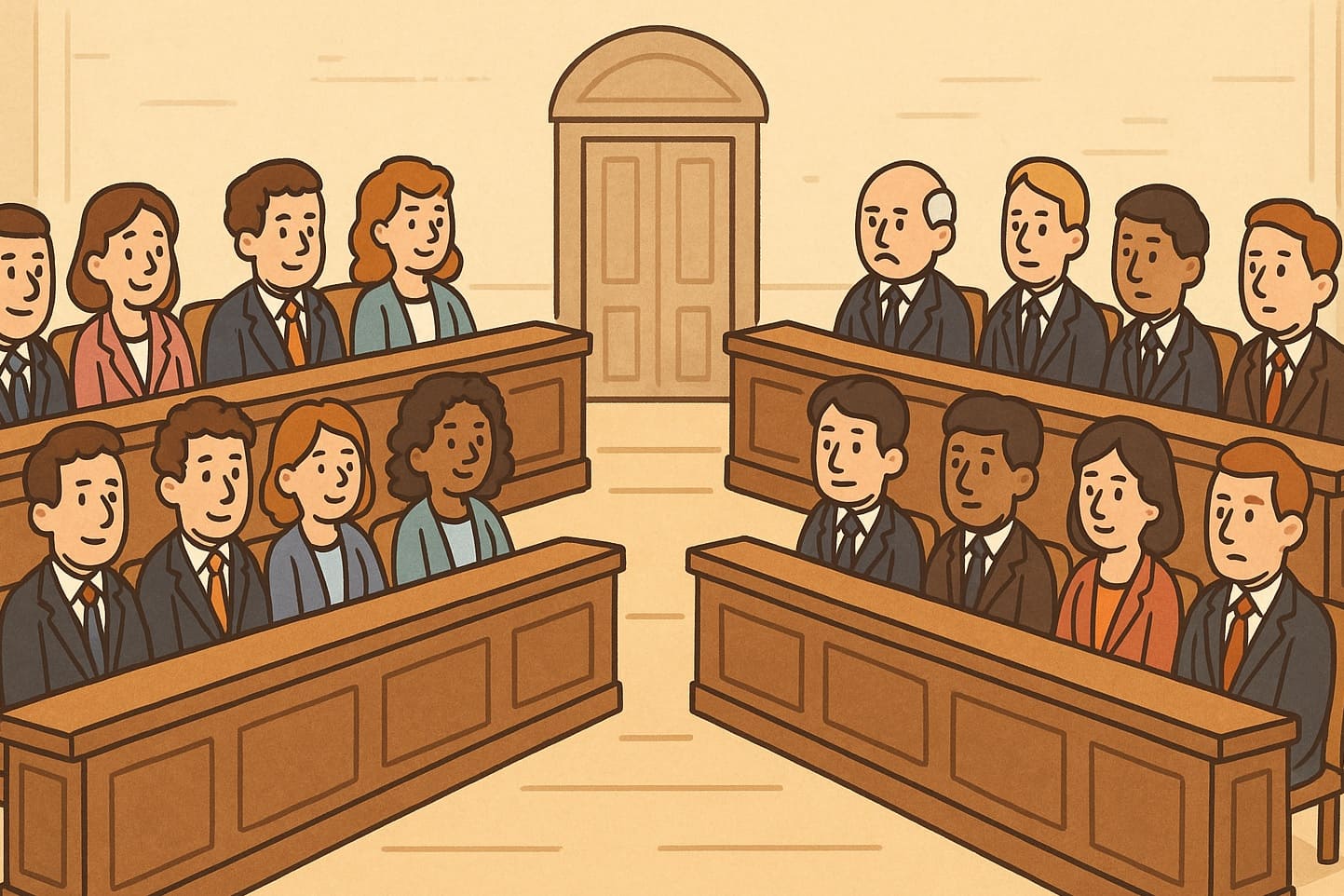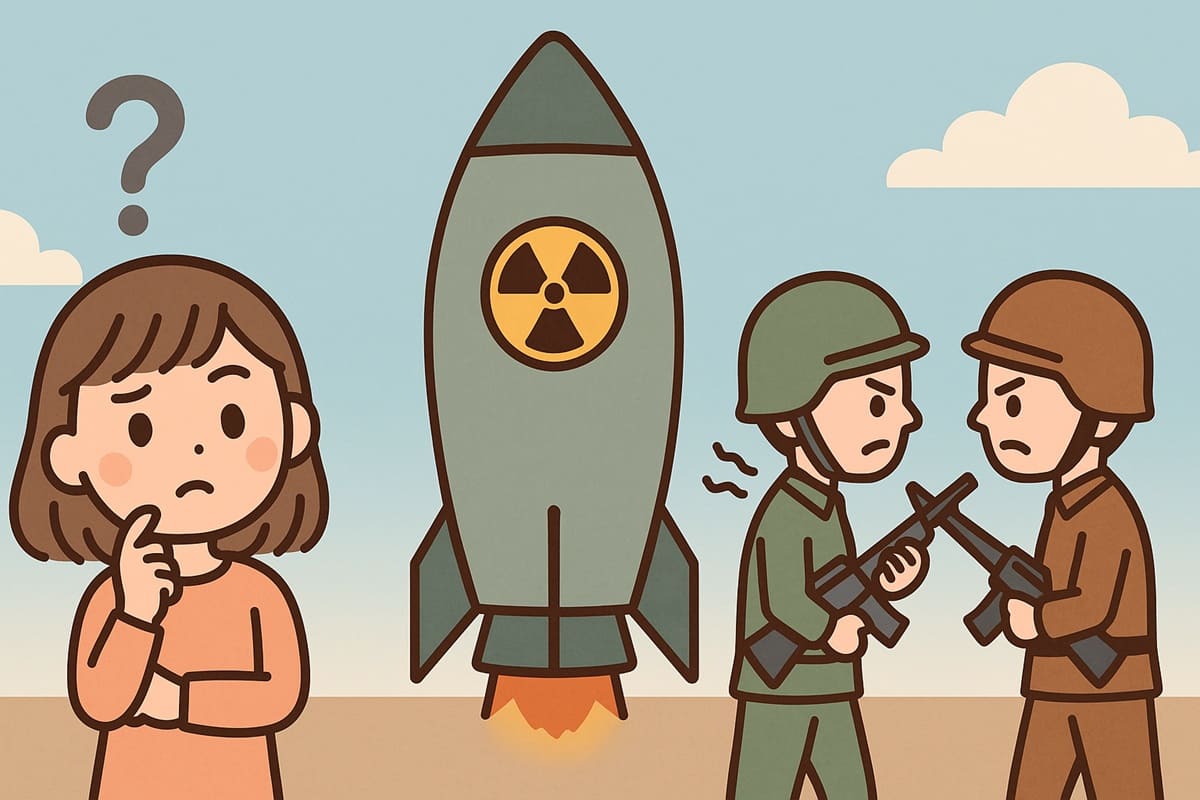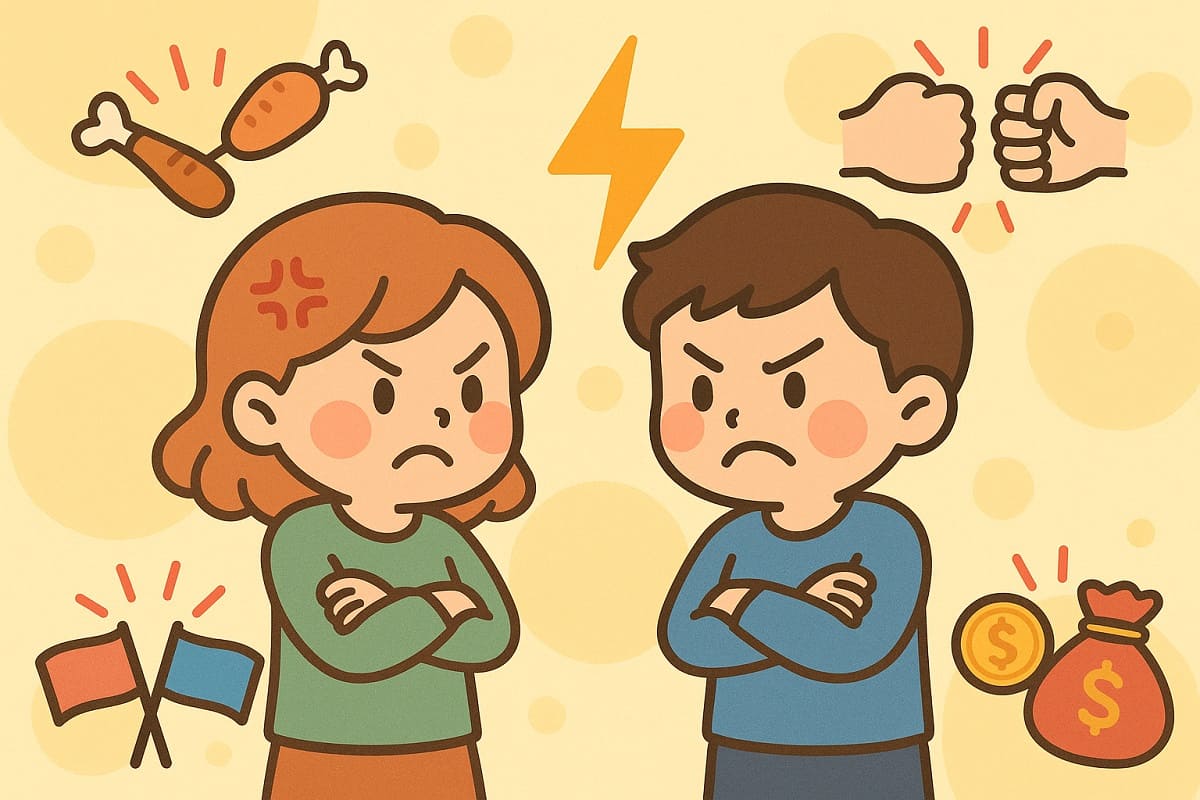Why Do People Fight? There Are People Who Make Money from War
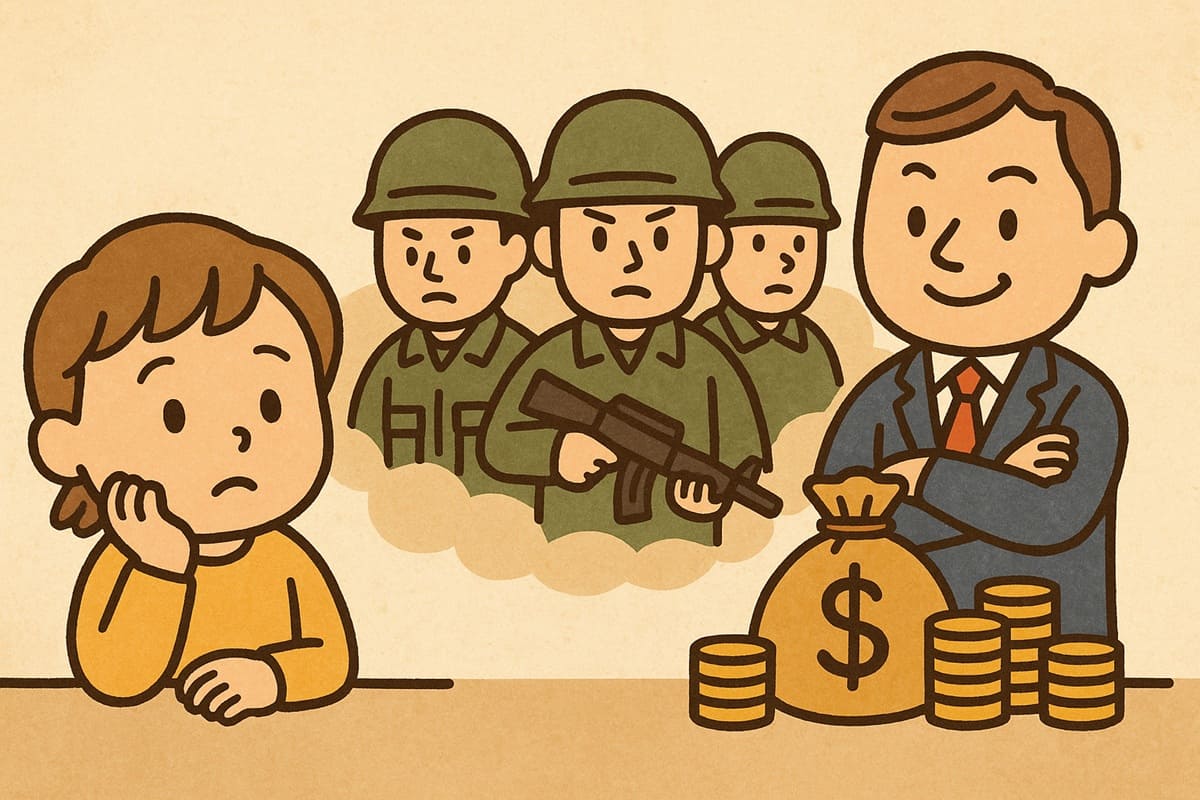
“Why do wars happen?”
Many people have probably asked themselves this question. Of course, there are many reasons for war—conflicts between countries, religious or ethnic tensions, disputes over land or resources. The causes are complex.
But there’s another big reason that we often overlook:
There are people who make money from war.
In this article, let’s take a closer look at this idea of “war as a business,” and explain it in a way that’s easy to understand.
People Who Profit from Selling Weapons
In the world we live in, there are companies that make and sell weapons. This is called the arms industry or defense industry. These companies produce guns, missiles, tanks, aircraft, and other weapons used in war.
For example, in the United States, there are some of the world’s largest arms companies, like Lockheed Martin, Raytheon, and Boeing. These companies don’t just sell weapons to the U.S. government—they also export them to many other countries.
In fact, the United States is the number one arms exporter in the world. And many countries, including Japan, buy weapons from them.
When war breaks out, weapons are in high demand. That means weapon manufacturers make more money.
In other words, when there’s war, there are people and companies who benefit from it.
Russian Guns Are All Over the World
You might have heard of the name AK-47. It’s a type of automatic rifle developed in Russia, also known as the Kalashnikov. It’s famous for being tough, reliable, and easy to use, which is why it’s used all over the world.
Today, the AK-47 is commonly seen in conflict zones in Asia, Africa, and the Middle East. It’s even used by terrorists and child soldiers, which is a serious problem.
It’s not just Russia making these guns—China and other countries produce copies too, and they’re extremely cheap. In some parts of Africa, you can reportedly buy one for less than $100.
Because these weapons are easy to get and inexpensive, conflicts don’t end—they spread. Cheap and powerful weapons make fighting easier and more likely to continue.
Private War Businesses: “PMCs”
Have you ever heard of Private Military Companies (PMCs)?
They may look like ordinary companies, but they send people into war zones to fight instead of soldiers or to guard facilities. Well-known examples include the American company Blackwater and the Russian Wagner Group.
These companies are paid to send personnel into foreign wars. They protect soldiers, secure buildings, and sometimes even engage in combat themselves.
Unlike national armies, PMCs are made up of civilians, not official soldiers. That means they don’t always follow international rules of war, which is a serious issue.
But the longer a war lasts, the more work these companies get. That’s why PMCs can make a lot of money from war.
What Is the “Military-Industrial Complex” in the U.S.?
In the United States, there’s a term called the military-industrial complex. It refers to the system where the military, government, and defense companies work closely together.
For example, when the government decides that war is necessary, the military buys weapons, and the defense companies sell them and make a profit. These companies also donate money to politicians to influence decisions, making war more likely to happen again.
Former U.S. President Dwight D. Eisenhower warned about this in 1961. He said he was worried that the military-industrial complex would take control of politics.
In fact, there have been cases where specific companies made billions of dollars through war.
The “Nayirah Testimony” — A Lie for War
Before the Gulf War in 1991, a teenage girl in the U.S. gave a shocking testimony:
“I saw Iraqi soldiers take babies out of incubators in a Kuwaiti hospital and leave them to die.”
This testimony was widely broadcast on TV, and it made the American public very angry. It helped build support for going to war with Iraq.
But later, it was revealed that this story wasn’t true. The girl was actually the daughter of the Kuwaiti ambassador to the U.S., and the testimony was staged by a public relations company.
This incident became known as the “Nayirah testimony,” and is now seen as a classic example of propaganda—using emotional lies to manipulate public opinion and justify war.
To Stop War, First We Need to Know
So, what do you think after reading all this?
Even if you believe “war is bad,” the reality is that there are people who profit from war. That’s one of the reasons why war never seems to end.
But by learning how this system works, each of us can become more aware and less likely to be fooled. And when someone says “we need to go to war,” we can stop and ask: “Is that really true?”
Only a small group of people profits from war.
The ones who suffer the most are ordinary people like you and me.
That’s why, to create a more peaceful world, the first thing we can do is to learn the truth. Let’s start from there.
Main References
- Stockholm International Peace Research Institute (SIPRI). (2024). Trends in world military expenditure, 2024.
- Wikipedia contributors. (n.d.). Arms industry. In Wikipedia, The Free Encyclopedia. Retrieved June 2025.
- Sputnik News. (2023, August 7). Top 100 arms-producing and military services companies.
- United Nations Office for Disarmament Affairs (UNODA). (n.d.). Small Arms and Light Weapons: Global Distribution and Impact.
- Singer, P. W. (2003). Corporate warriors: The rise of the privatized military industry. Cornell University Press.


